The lessons we learn from our parents often carry us well into our personal and professional adult lives, and the same is certainly true of John Bonham’s role in Led Zeppelin’s iconic track “Kashmir,” which would continue to inspire Bonham’s son, Jason Bonham, for decades to come. Despite being the backbone of the band’s instrumental section, Led Zeppelin’s drummer only had a handful of writing credits compared to frontman Robert Plant and guitarist Jimmy Page. Nevertheless, John made his few credits count.
Videos by American Songwriter
Five decades after Led Zeppelin released “Kashmir” on Physical Graffiti, Jason Bonham shares what makes the ominous track so inspiring not only as his father’s son but as a fellow drummer as well.
Jason Bonham On What Makes “Kashmir” So Special
From its almost menacing guitar riffs to the powerful string accompaniment to Robert Plant’s desert-like melody and lyrics, “Kashmir” is undoubtedly one of Led Zeppelin’s best tracks. But for Jason Bonham, son of the band’s late drummer, John Bonham, the track is a testament to the power of songwriting no matter what instrument you play. “That [song] was inspired by a young drummer coming back from a lunchtime pint, singing to the guitar player,” Jason explained on an episode of the Ultimate Classic Rock podcast. “My father couldn’t play any other instrument than drums.”
“A lot of times when you see Dad’s writing credit, there was a band around him that would understand what he was trying to get across. I love that aspect of Physical Graffiti [and] “Kashmire,” a song which started with my dad going, ‘I’ve got this idea of this continuation.’ I always say, ‘Never be afraid to try and write. If you can’t play an instrument, hum the idea [for] somebody that can understand what you’re trying to get across.”
Led Zeppelin started the recording process for Physical Graffiti in 1973, when Jason Bonham was only seven years old. But even though he might not have been in the studio with his father at the time, his reflections on “Kashmir” match what other people who were there in the studio had to say.
An All-Around Favorite Of Led Zeppelin And Crew
Indeed, Jason Bonham isn’t the only one who finds his father John Bonham’s performance on “Kashmir” particularly noteworthy. According to engineer Ron Nevison, the distinct, somewhat off-kilter feel of the song came from the drummer’s approach to writing a part under the guitar riffs Jimmy Page already had under his fingers. “Bonham played the riff, is what he did,” Nevison recalled, per Sound on Sound. “He didn’t play in time with Jimmy’s guitar, he played Jimmy’s riff. So, they were tight just because he played the riff. He listened to what Jimmy was doing and played that. That was one of the unique things about Led Zeppelin. But the thing is, he could do it.”
In the book Led Zeppelin by Led Zeppelin, Page called the riff in question a “mantric” one with “cascading overdubs.” He continued, “I started playing the riff with John Bonham, and we just locked in and played it nonstop. It was so infectious, such a delight and just so us.” In another interview from Sound on Sound, Page said, “It seemed so sort of ominous and had a particular quality to it. It’s nice to go for an actual mood and know that you’ve pulled it off.”
Frontman Robert Plant is particularly fond of this track, too. “I wish we were remembered for “Kashmir” more than “Stairway to Heaven,”” Plant told Classic Rock magazine. “It’s so right. There’s nothing overblown, no vocal hysterics. Perfect Zeppelin. It was an amazing piece of music to write to and an incredible challenge for me. The whole deal of the song is… not grandiose, but powerful. It required some kind of epithet, or abstract lyrical setting about the whole idea of life being an adventure and being a series of illuminated moments.”
Photo by Kevin Mazur/Getty Images

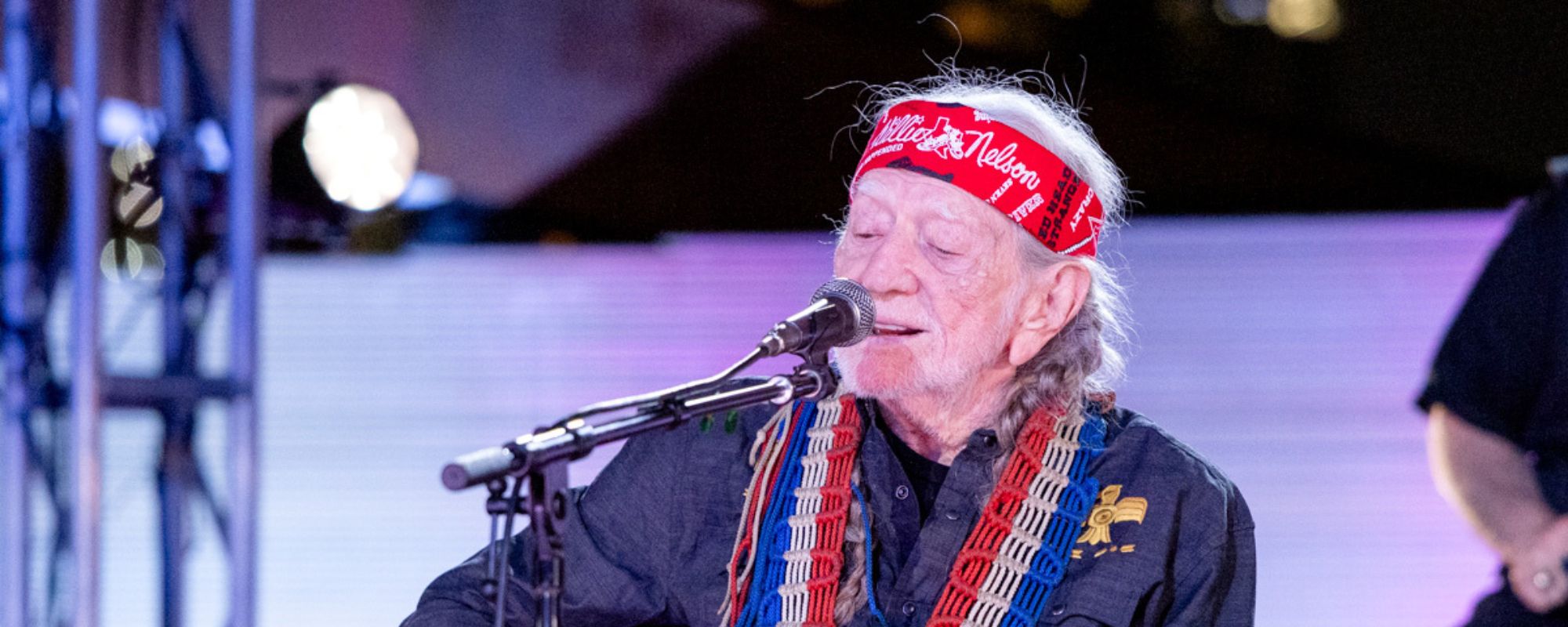

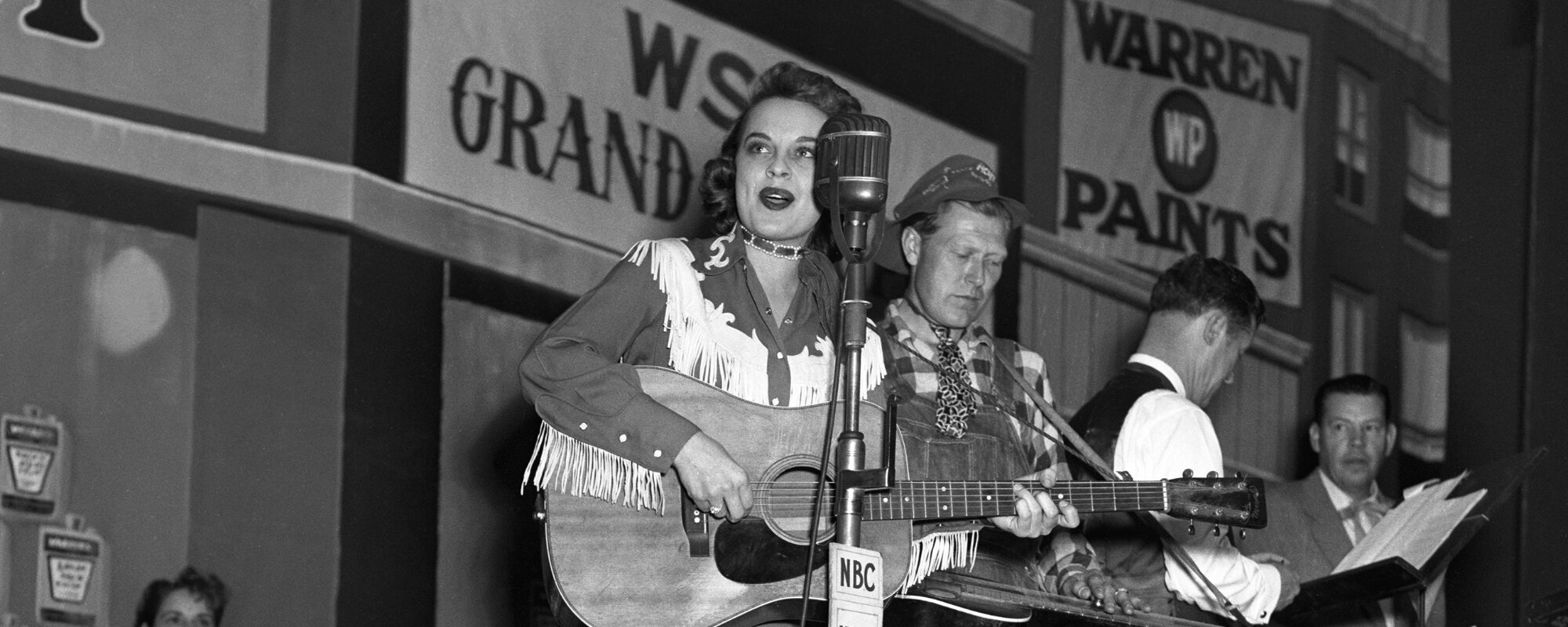
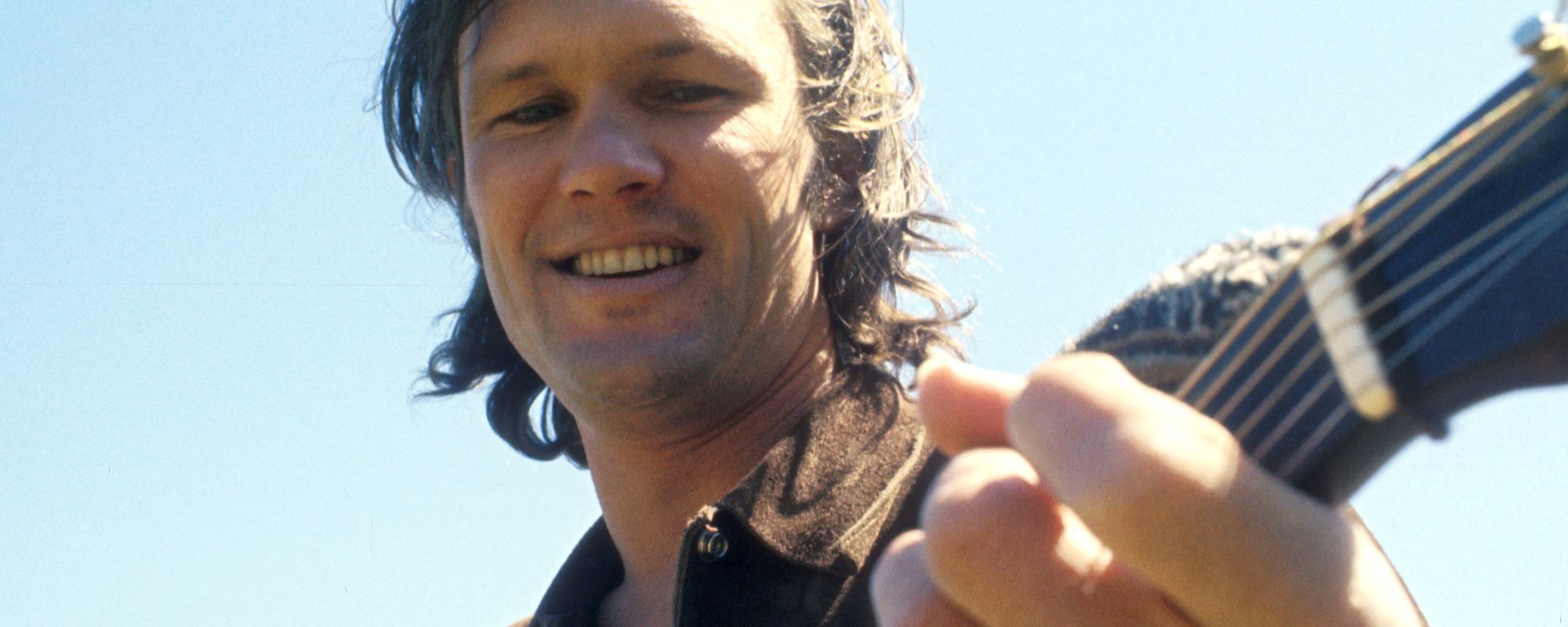
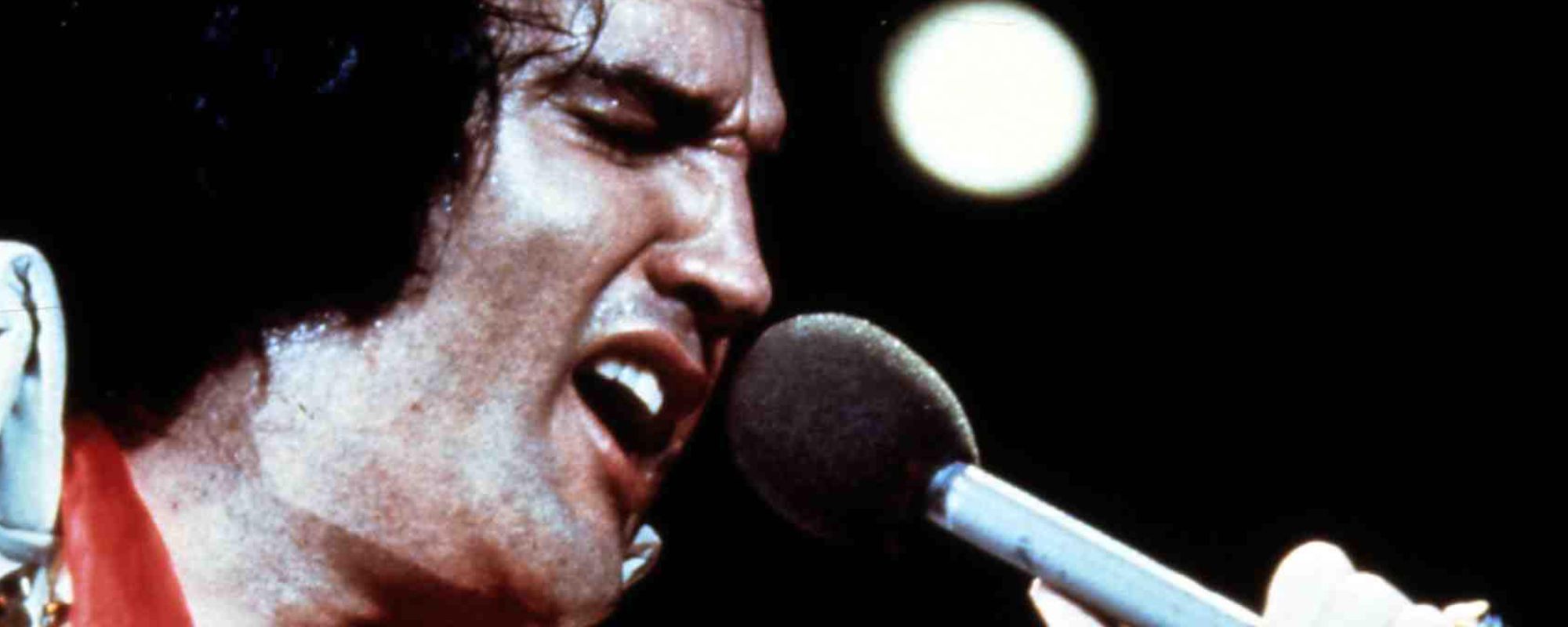
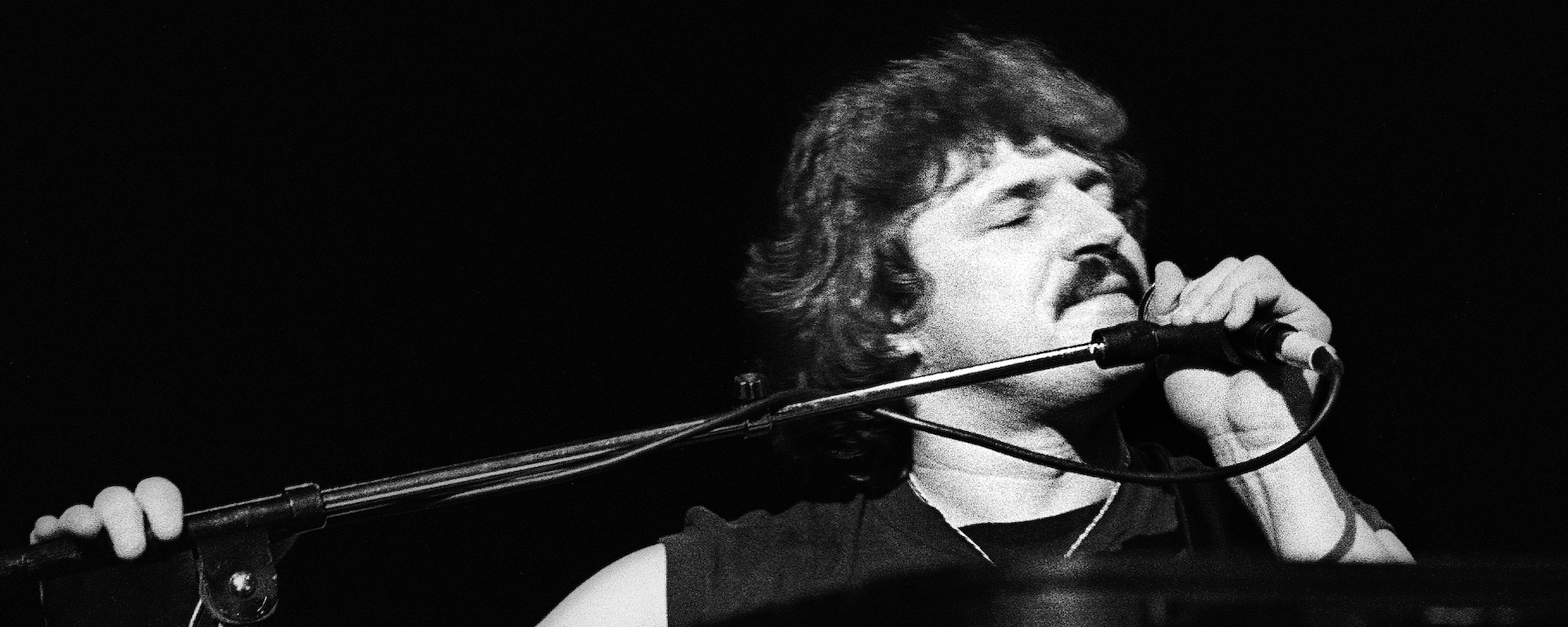

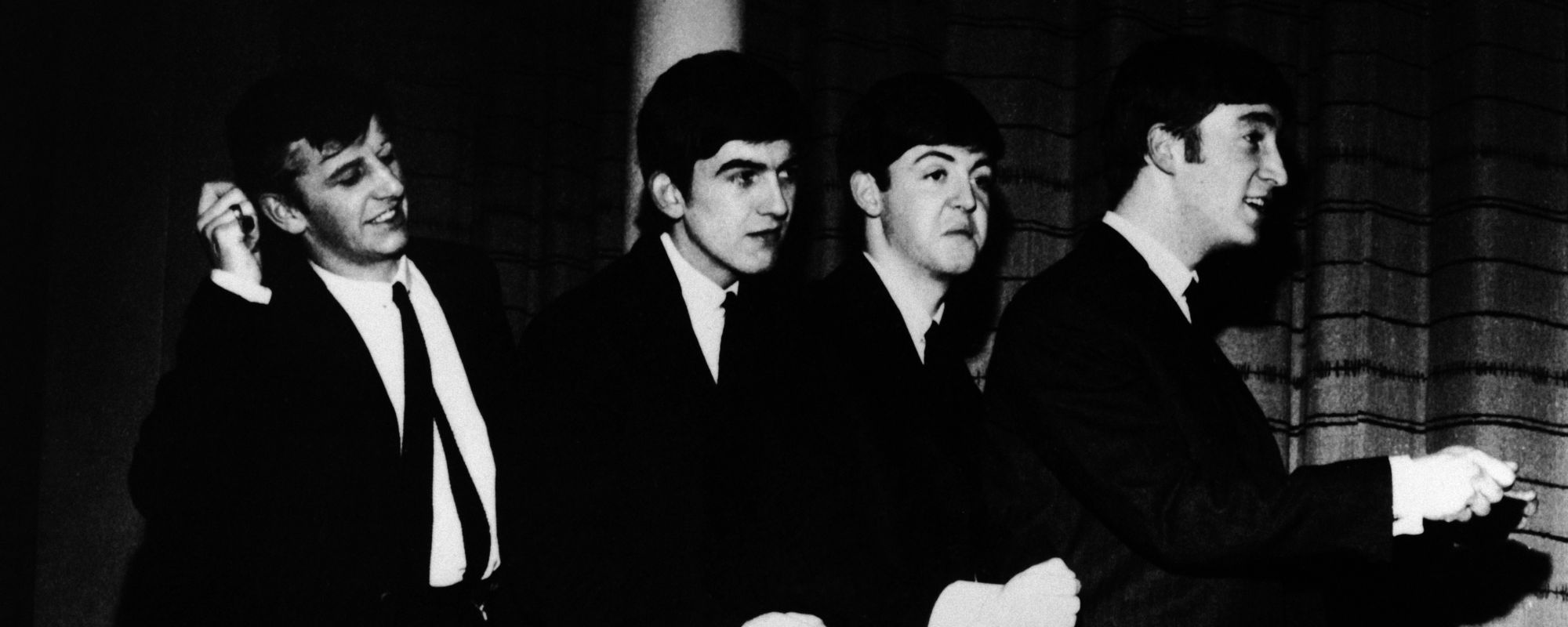


Leave a Reply
Only members can comment. Become a member. Already a member? Log in.